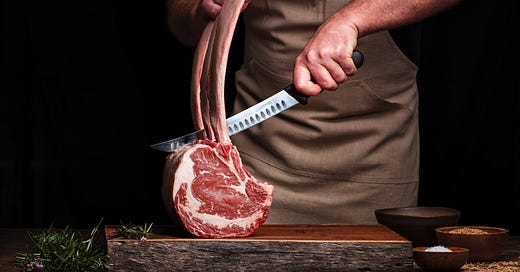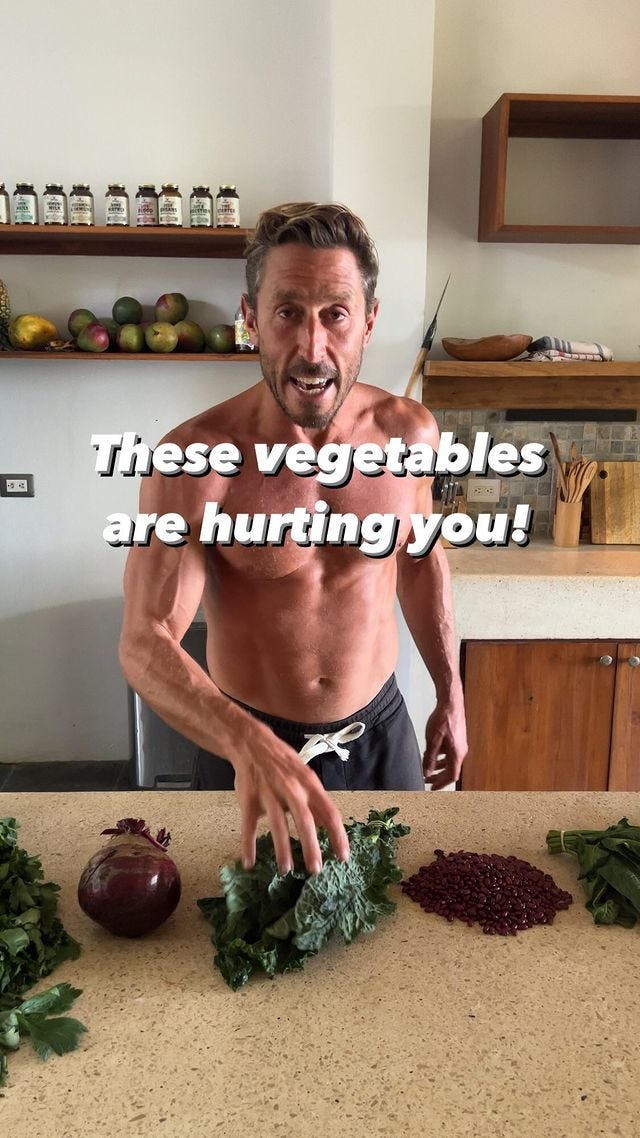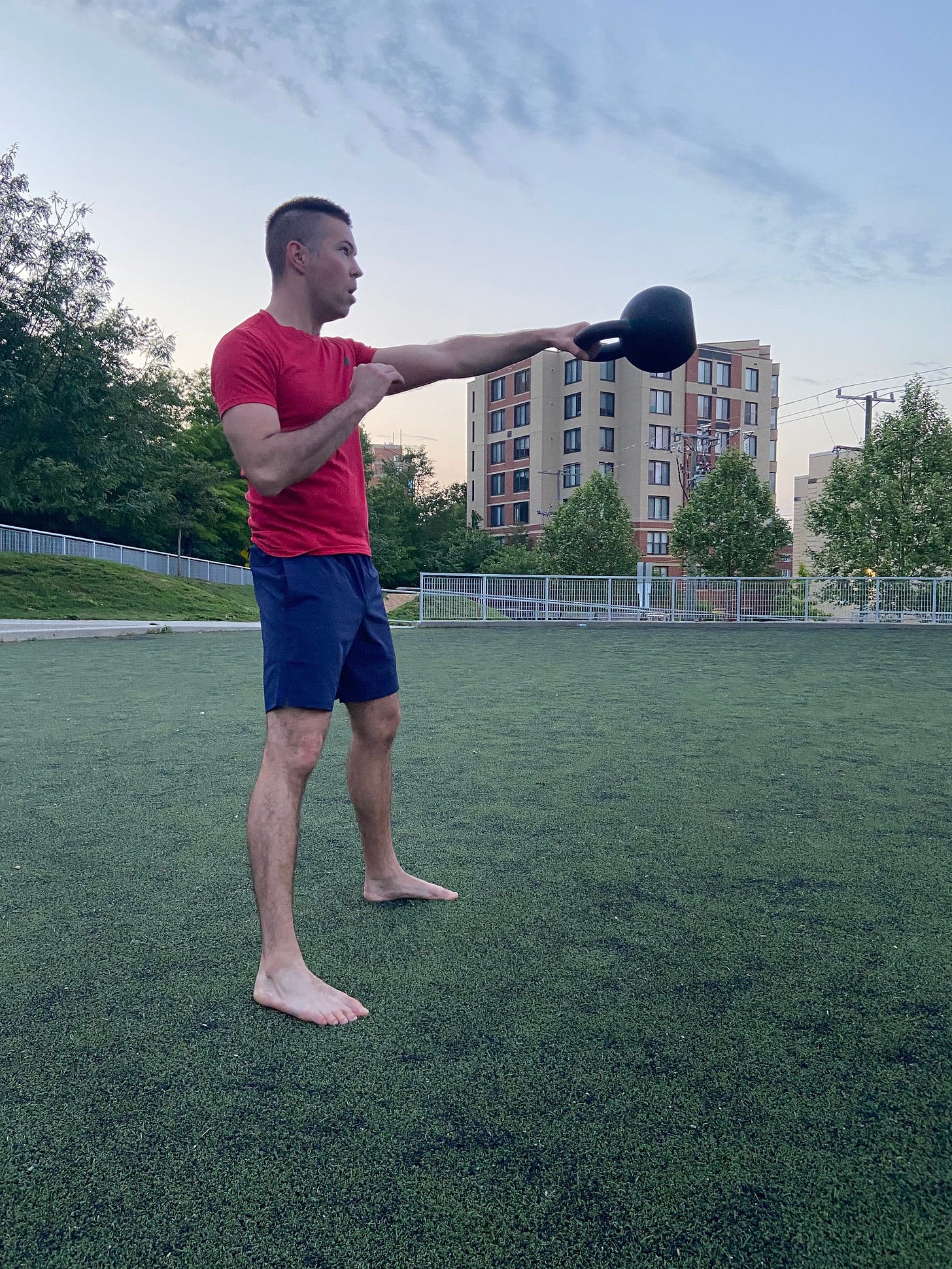“Are you sure you want to do this?” My wife asked as I ate a veggie bowl with a few cups of broccoli, spinach, and beans. “Yes, got to get my nutrients before our long flight to Norway,” I replied. In pre-COVID times, it was my last meal before we caught a flight to Norway for a winter wonderland trip in December 2019. After she questioned my food choices, I had to eat what she called a “fart bowl” to show her that I would be great after getting in all of my veggies before we left. However, when we landed in the Norwegian capital of Oslo, I ended up showing all of Oslo excessive flatulence.
On the plane crossing the Atlantic Ocean, my gastrointestinal issues flared from the veggie bowl. Fortunately, the plane was not crowded. But while riding an Oslo city bus to the Viking Ship Museum, a national symbol of Norway, a group of three women standing next to us abruptly moved to the other side of the bus, escaping the smells from the “fart bowl” as my face reddened with embarrassment. Some might suggest my digestive issues were caused by the airline food we had for dinner, but this wasn’t the first time I ate these plant foods with the same symptoms.
These gastrointestinal issues that had plagued me for nearly all of my life – from nights out with friends to work meetings in conference rooms – led me to begin a new journey in life on the carnivore diet, discussed here. Like a piece of meat in front of a hungry dog, the gastrointestinal issues went away fast on the carnivore diet.
Another life-changing benefit from the diet was the elimination of my troubling three years of battling a form of eczema on my face, known as Seborrheic Dermatitis, of red and dry patches of skin on the face and scalp. Other benefits included increased satiety throughout the day, high energy levels, and a reduction in brain fog which typically occurred after a high-carb lunch.
Lately, I have been receiving questions from subscribers to the Catalyst Foods newsletter about what I eat as they struggle from health complications related to their diets. According to my research, animal foods contain all of the body’s necessary nutrients.
I do not believe that vegetarian and vegan diets are optimal for health, a topic for a future article, due to the antinutrients that can inhibit nutrient absorption and cause eczema and kidney stones, among other problems. Broccoli-inducing gas due to the sugar, raffinose, that humans have a difficult time digesting? I’ll pass. Spinach, one of the foods highest in oxalates, a compound that can cause kidney stones? Not for me. Beans containing the plant proteins lectins that can cause bloating? I won’t eat beans either. For some, cooking seems to help ease these antinutrients founds in these foods, but even after cooking these plant foods, I still have the same symptoms.
If you’re wondering about where I get my fiber from outside of plant-based foods, the answer is that aside from what’s in fruit, I don’t get much. On the carnivore diet, I’ve found the lack of fiber to improve my digestive system. I go to the bathroom just fine. In fact, one medical journal article found that stopping or reducing fiber intake reduced constipation and related symptoms.
From the list below, my diet has been inspired by the world’s top two experts on the carnivore diet, Dr. Shawn Baker and Dr. Paul Saladino. Each wrote a book on this diet and both are active on social media. However, I’ve since followed Dr. Saladino’s way of doing the diet which has loosened over time (even different than his book) compared to Dr. Baker who only eats meat and zero carbs. Even eating a strict carnivore diet, Dr. Baker is not dogmatic and will eat cake for his kids’ birthdays. Dr. Saladino includes fruit and honey on the diet and believes it is ancestrally consistent and good for one’s overall health.
As the ultimate elimination diet, a strict carnivore diet technically only allows meat and animal foods, excluding fruit, among other non-animal derived things. However, I don’t believe there is a one-size-fits-all approach to diet and everyone should experiment and do what works for them, even if that includes consuming vegetables. I eat fruit and honey daily, as well as other carbs on occasion at social outings that feel well in my body such as white rice and sauerkraut.
Disclaimer: For anyone interested in trying the carnivore diet, I highly recommend they speak with their doctor or a nutritionist first. Although many people have had success curing longstanding ailments, there are nuances to the diet and each individual body that matter in order to do this diet in a healthy way.
Below is what I currently eat that has given me daily benefits I never imagined were possible. When I have access, I also like to add in organ meats to eat nose-to-tail such as tongue and thymus. However, this list is not rigid and has changed over time since I started the diet (and will probably change again), as I strive for continuous improvement in my diet. These foods may not work for all, and everyone’s body is different. This food list is also what I have been eating to power my current training to become a kettlebell coach for StrongFirst, a global provider in strength education.
Breakfast
4 pasture-raised egg yolks (egg whites are okay for some, but my body does not do well on egg whites likely due to the proteins, avidin or lysozyme, that they contain)
5% Greek milkfat yogurt
1 tablespoon raw honey (added to the yogurt)
2 strips of pork bacon
1 tablespoon grass-fed ghee (used with the eggs) (has no lactose and a higher smoke point – the point where a cooking fat stops glistening and turns to smoke instead - compared to butter)
2/3 cup frozen or raw berries (strawberries, raspberries, blueberries, blackberries, or cherries)
½ avocado
Lunch
½ pound meat (ground bison, beef, or chicken) (I sometimes add Sriracha or Ketchup made without high fructose corn syrup)
1-ounce hard cheese (swiss, gouda, cheddar, parmesan, etc.) (I avoid soft cheeses such as fresh mozzarella and cottage cheese due to their higher lactose content that give me digestive issues)
1 banana
Dinner
½ pound meat (bison, beef, or chicken) or seafood (salmon, shrimp, or cod)
8 ounces sparkling mineral water (Gerolsteiner is preferred for its higher calcium and magnesium content compared to San Pellegrino, and reminds me of travels to Europe)
25g dark chocolate (I prefer 85% cacao which tends to be higher quality and contains less additives than milk chocolate or lower quality chocolate)
Supplements
The list below are real foods and not what I consider a supplement, but I am separating them for those wondering what I consume. Most supplements are synthetic, such as vitamin D, in unnaturally high amounts, and can be questionable for health. Nonetheless, here’s what I take:
Desiccated bison or beef liver capsules taken with breakfast - liver is nature’s multivitamin discussed here. I consume 3000mg and not always daily.
Grass-fed collagen hydrolysate powder taken with breakfast mixed with a cup of water. I prefer unflavored collagen from Great Lakes. They have been producing collagen since 1922, and their collagen doesn’t have flavoring additives that could cause digestive issues compared to most other brands. Noted fitness author, food blogger, and former elite athlete Mark Sisson mentioned the benefits of collagen include improved sleep, better skin, and joint improvement, among others.
Grass-fed whey protein concentrate powder unflavored - for muscle recovery I eat my bodyweight in protein, currently just under 150lbs, and take a scoop of whey powder to help meet my protein numbers. However, many people experience digestion issues from protein powder, and it may best be avoided. Also, a lot of the protein powder on the market contains questionable flavoring additives that are likely not good for the gut. (I’m planning to wean off of whey protein powder after my 5lb container runs out as it increases blackheads on my face).
Troubleshooting
When starting the carnivore diet, I conducted it as strict as possible. No fruit or honey, just meat and dairy products only. However, I loosened over time, and the diet above has led me to optimal levels of digestion, strength, and energy. Everyone’s body is different though, and results may be different for others. For example. Dr. Saladino consumes fruit and honey and considers it essential to the diet, especially for electrolytes. However, others such as Dr. Baker don’t see carbs as necessary.
Zero carbs? I started the diet very strict, eating only meat – just fat and protein and zero carbs – for the first month. My digestive problems healed within the first week, but my energy levels declined. It could have been from adaptation to ketosis – burning fat instead of carbs for fuel. But consuming at least 40g of carbs daily solved these energy issues through the addition of honey and fruit.
Fat to protein ratio? I found optimal results with a 1:1 ratio of grams from protein to fat. Sometimes my protein is a little higher, but I stay close to this ratio as much as possible.
Not enough salt? For people starting the carnivore diet and eliminating eating all processed food, a common challenge is low sodium. I fixed that by adding a ½ teaspoon to two of my daily meals. In Dr. Saladno’s book, The Carnivore Code, he recommends 6-10g of sea salt per day.
Dairy? While many don’t do well on dairy, I reintroduced dairy and didn’t find any bodily differences consuming Greek yogurt, ghee, and hard cheeses.
My diet has changed a bit since first beginning the Carnivore diet, and some Carnivore diet followers would not even consider what I eat in a day to be following the Carnivore diet at all. However, following Dr. Saladino’s more liberal approach to the diet, I have found a lot of success in healing my skin and flatulence issues. I did not consume a bowl of green, cruciferous veggies and beans before my latest trip abroad with my wife, and no one, including her, had to move away from the vile smells caused from those foods being processed in my body.
👉If you enjoyed this post, feel free to share it with friends!
Related Articles:








Great account of your journey with animal-based eating...and great tips for people starting out!
Great read, enjoyed learning your nutrition routine and how vegetables can negatively impact the digestive system.